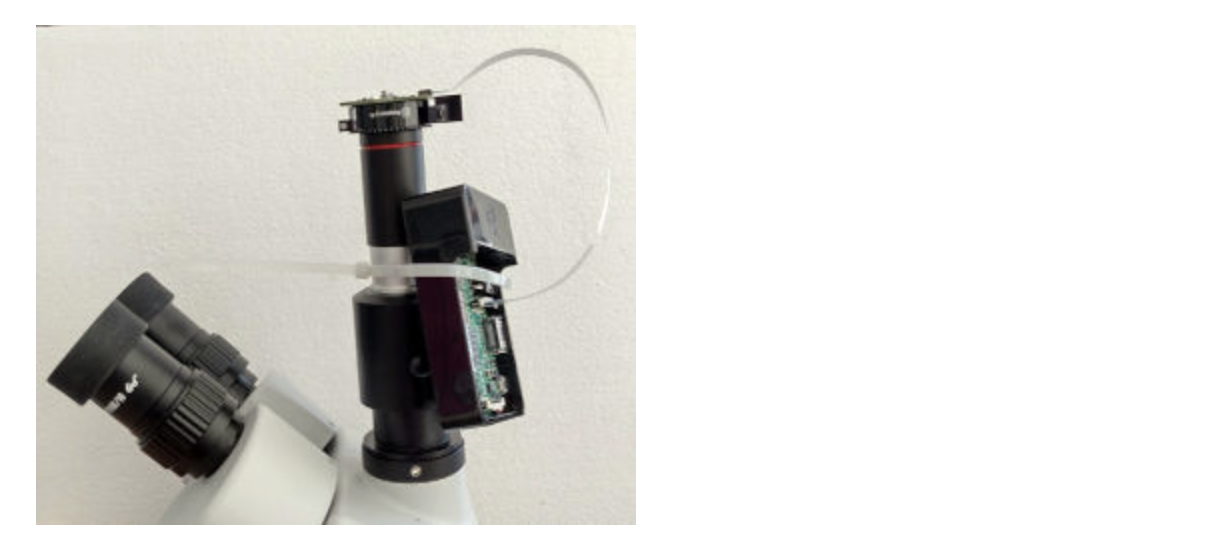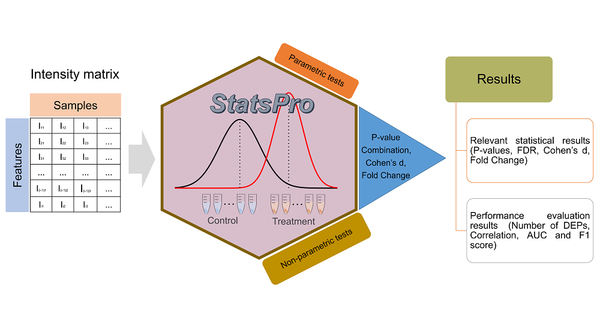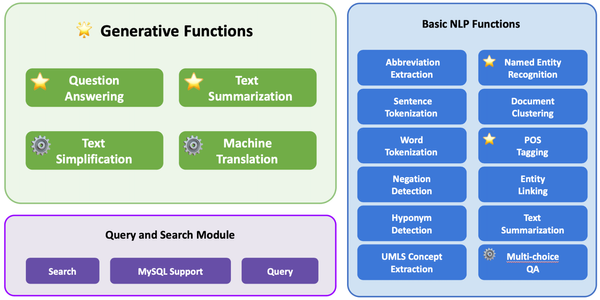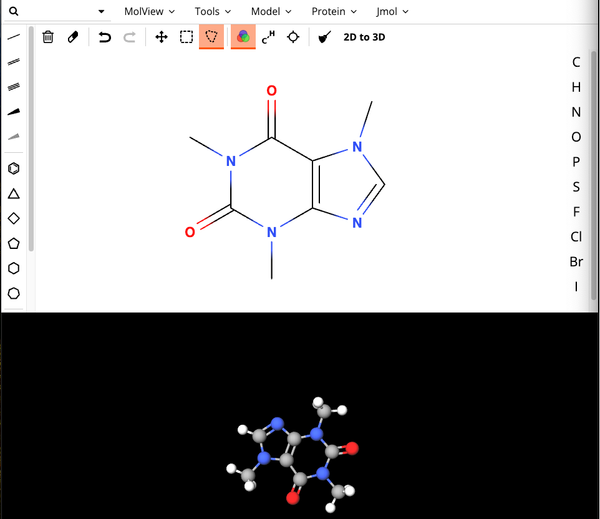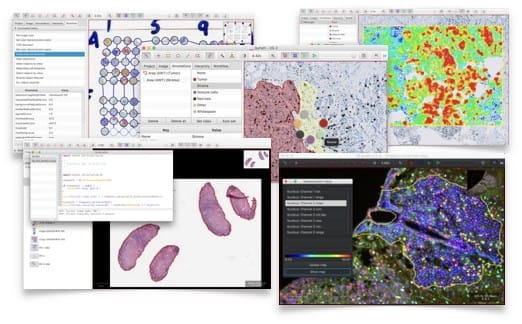Revolutionizing Healthcare: The Impact of Python in Bioinformatics, Medicine, and AI Integration, 18 Libraries and Projects
Table of Content
The Python programming language plays a significant role in data science, AI, bioinformatics, web development, desktop applications, and game development.
Python has gained popularity as an easy-to-learn language with a gentle learning curve and powerful frameworks. This has made it a favorite for university student projects and a common first step for many in their programming journey.
In Medevel.com, we covered several articles and collections regarding Python, which can benefits developers, data scientists, data engineers, and web developers, you can check them in the following list:
- Python Data Visualization Libraries
- Python Scraping Libraries
- Python Packages for Data scientists
- Top Libraries to Build Desktop Apps using Python
- Python UI Libraries for Building Desktop Apps
- 23 Frameworks to Build Data-focused Apps using Python
- Free and Open-source Python IDE to boost your development
In this post, we'll explore the best Python libraries, frameworks, and projects for medical applications and bioinformatics.
1- pyGeno
pyGeno is a powerful Python library developed by Tariq Daouda at the Institute for Research in Immunology and Cancer (IRIC). Designed for genomic data manipulation, it simplifies accessing, analyzing, and querying genomes.
pyGeno supports various features, including SNP data extraction and custom annotations. Researchers benefit from its flexibility in performing complex biological computations, making it an invaluable tool for bioinformatics projects.
The library's ability to integrate with other tools and query genetic variations across different genomes enhances its utility in genomic research. pyGeno's user-friendly interface and robust functionality make it an essential resource for scientists working with genomic data, streamlining their workflow and accelerating discoveries in the field.
2- Ascle (By Yale)
Ascle, developed by Yale LILY, is an open-source framework for evaluating large language models (LLMs). It provides a comprehensive suite of tools to assess LLM performance across various tasks and metrics.
The framework supports multiple evaluation paradigms, including few-shot learning and instruction-following. Ascle offers researchers a user-friendly interface to design custom evaluation pipelines, analyze results, and generate insightful visualizations.
With its extensible architecture and integration capabilities, Ascle aims to standardize and streamline LLM evaluation in the rapidly evolving field of artificial intelligence.
4- Biopython
Biopython, an innovative open-source toolkit, transforms biological computation. This versatile library combines Python's simplicity with advanced bioinformatics capabilities. Offering a comprehensive suite of tools for sequence analysis, phylogenetics, and more, Biopython caters to both researchers and developers.
Its user-friendly interface and thorough documentation make complex biological data manipulation accessible to beginners and experts alike.
Supporting various file formats and algorithms, Biopython speeds up genomic research, protein structure analysis, and population genetics studies.
As a cornerstone of many cutting-edge projects, Biopython continually evolves, driving innovation in life sciences and nurturing a thriving community of bioinformatics enthusiasts worldwide.
5- Scikit Digital Health
Scikit-digital-health, developed by Pfizer's open-source initiative, is a Python library for digital health data analysis.
It offers tools for processing wearable device data, including activity classification, sleep analysis, and cardiovascular metrics.
Scikit-digital-health library aims to standardize and streamline digital biomarker development, enabling researchers and clinicians to harness wearable technology for health insights and clinical trials.
6- medigan
medigan, short for medical generative networks, revolutionizes medical image synthesis. This user-friendly tool offers a diverse array of pretrained generative models, enabling researchers to create synthetic datasets effortlessly.
These artificially generated images serve as valuable resources for training and fine-tuning AI models in clinical applications.
From lesion classification to segmentation and detection, medigan empowers healthcare professionals to advance medical imaging technology.
Medigan offers various modules for different medical imaging tasks. These include:
- Brain MRI Synthesis: Creates synthetic brain MRI scans with diverse contrasts and pathologies.
- Chest X-ray Generation: Produces artificial chest X-ray images showing various conditions and abnormalities.
- Histopathology Image Synthesis: Generates synthetic microscopic images of tissue samples for pathology research.
- Retinal Fundus Image Generation: Synthesizes retinal fundus images to support ophthalmology research and diagnosis.
- Dermatology Lesion Synthesis: Creates images of diverse skin lesions and conditions for dermatological applications.
These modules use advanced generative AI techniques, like GANs (Generative Adversarial Networks) and VAEs (Variational Autoencoders), to create realistic and varied medical images. Researchers can use these tools to expand their datasets, train AI models, and explore new avenues in medical image analysis and diagnosis.
7- Temproai
TemporAI: A revolutionary Machine Learning library for medical time-series analysis. Specializing in survival analysis, causal inference, and time-series prediction, TemporAI stands out with its medicine-first approach and fast prototyping capabilities.
It bridges research and practice, offering unique features like temporal treatment effects and built-in interpretability. TemporAI is reshaping healthcare analytics with its comprehensive ecosystem vision.
TemporAI operates by analyzing medical time-series data using advanced machine learning algorithms. It processes complex temporal patterns to predict outcomes, assess treatment effects, and infer causal relationships.
Benefits include:
- Improved patient prognosis accuracy
- Personalized treatment recommendations
- Early disease detection
- Optimized resource allocation in healthcare settings
These capabilities lead to better patient care and more efficient healthcare systems.
8- OAProgression
The OAProgression project by Oulu-IMEDS focuses on predicting knee osteoarthritis progression using deep learning.
It utilizes MRI and X-ray data to forecast disease advancement, potentially aiding in early intervention and treatment planning. The project includes data preprocessing, model training, and evaluation components.
9- MedCodes
MedCodes is an open-source Python library designed to simplify medical coding tasks. It provides tools for working with ICD-9, ICD-10, and CPT codes, offering functionalities like code validation, conversion between different coding systems, and hierarchical code relationships.
MedCodes aims to streamline healthcare data analysis and research by providing efficient methods to handle medical codes. The library is particularly useful for data scientists and researchers working with healthcare datasets, enabling more accurate and standardized analysis of medical information.
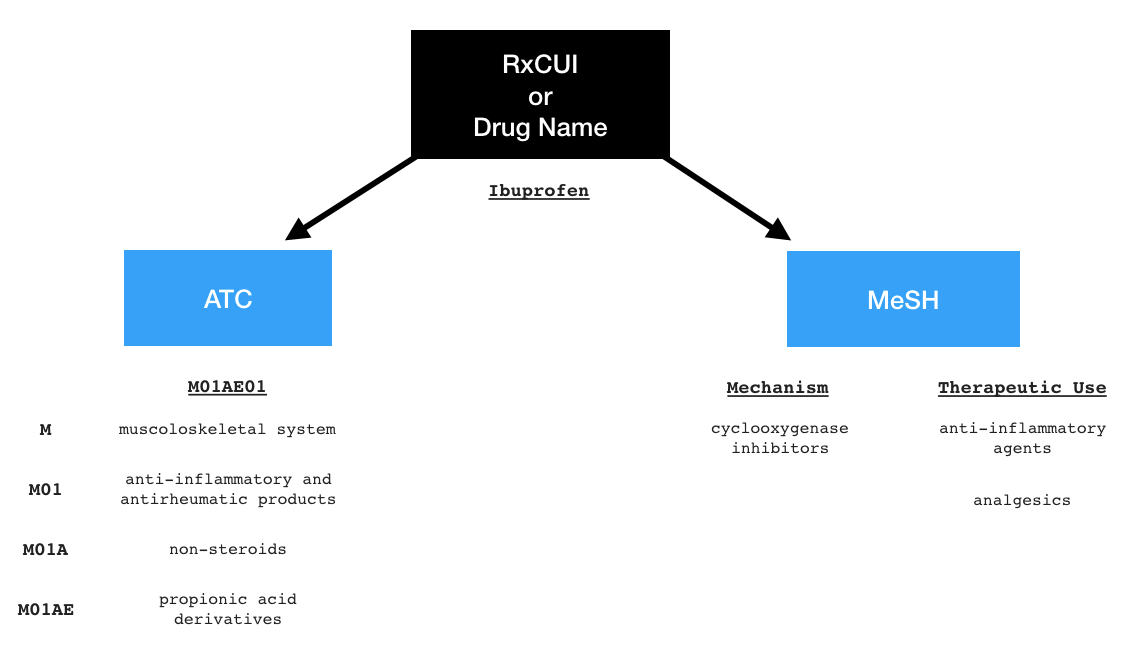
10- BioKit
Biokit is a Python package for bioinformatics, offering tools for sequence analysis, phylogenetics, and statistical methods. It provides a user-friendly interface for common biological data processing tasks, making it valuable for researchers and students in life sciences.
11- ehrapy
ehrapy is an innovative Python library designed for analyzing electronic health records (EHR) data. It seamlessly integrates with scanpy, offering powerful tools for preprocessing, analyzing, and visualizing EHR datasets.
With features like automated data type detection, customizable preprocessing pipelines, and advanced visualization capabilities, ehrapy empowers researchers to extract valuable insights from complex medical data efficiently.
ehrapy's user-friendly interface and compatibility with popular data science libraries make it an essential tool for healthcare analytics and personalized medicine research.
12- PyHealth
PyHealth is an open-source Python library for healthcare AI, offering a comprehensive toolkit for various healthcare machine learning tasks. Its benefits include:
- Simplified data processing and model development for healthcare datasets
- Support for diverse healthcare AI tasks like risk prediction and disease diagnosis
- Pre-built models and easy integration with popular deep learning frameworks
Use cases span clinical decision support, patient outcome prediction, and medical image analysis. PyHealth accelerates healthcare AI research and development, making advanced techniques more accessible to researchers and practitioners in the field.
Source: PyHealth GitHub Repository

13- PyMedPhys
PyMedPhys is an open-source library for medical physics applications, particularly in radiation oncology. Developed by and for medical physicists, it leverages Python's power to provide tools for DICOM handling, dose calculations, and quality assurance.
This community-driven project encourages collaboration and knowledge sharing. Available under the Apache 2.0 license, PyMedPhys promotes transparency and accessibility in medical physics practices.
- Python-based: Leverages the power and flexibility of Python for medical physics applications.
- Features: Includes tools for DICOM handling, dose calculations, quality assurance, and more.
- Open-source: Freely available under the Apache 2.0 license, promoting transparency and accessibility.
- Extensible: Users can contribute their own modules and extensions to expand functionality.
PyMedPhys aims to improve the quality and efficiency of medical physics practices through open collaboration and shared resources.
For more information or to contribute, visit the PyMedPhys GitHub repository.
15- Insilico Medicine
InSilicoMedicine is a GitHub organization advancing computational approaches in medicine and biology. Projects include AI for drug discovery, biomarker development, and aging research. Specific tools: DeepCE, DeepMOCCA, OncoEnrichR, and DeepFoci for various biological analyses.
16- Augur
Augur is an open-source software project developed by CHAOSS (Community Health Analytics Open Source Software). It's a data collection and analysis platform designed to help understand the health and sustainability of open source software projects.
Augur gathers data from various sources, including version control systems and issue trackers, to provide insights into project activity, contributor engagement, and community dynamics. With its modular architecture and customizable metrics, Augur enables researchers and project managers to assess and improve open source ecosystems.
CHAOSS (Community Health Analytics Open Source Software) is a Linux Foundation project dedicated to creating analytics and metrics to help define community health for open source projects. The CHAOSS Metrics platform, accessible at https://metrix.chaoss.io/, is a comprehensive tool that provides insights into various aspects of open source project health.
Key features of the CHAOSS Metrics platform include:
- A wide range of metrics covering different facets of open source projects, such as code development, community growth, and risk assessment.
- Visualizations and dashboards that make it easy to interpret and analyze project data.
- The ability to compare metrics across multiple projects or repositories.
- Regular updates and improvements based on community feedback and evolving needs in the open source ecosystem.
CHAOSS aims to help project maintainers, contributors, and stakeholders better understand the health and sustainability of open source projects. By providing standardized metrics and analytics, CHAOSS Metrics enables data-driven decision-making and fosters the growth of healthy, sustainable open source communities.
17- Bioinfokit
Bioinfokit is a Python package revolutionizing bioinformatics with comprehensive functions for analyzing and visualizing biological data. It offers versatile data analysis, statistical power, stunning visualizations, and user-friendliness.
The library is suitable for various '-omics' fields, Bioinfokit streamlines workflows, allowing researchers to focus on interpreting results. Its active development and growing community make it a cutting-edge choice for bioinformatics research.
18- Microscope-PiCam
